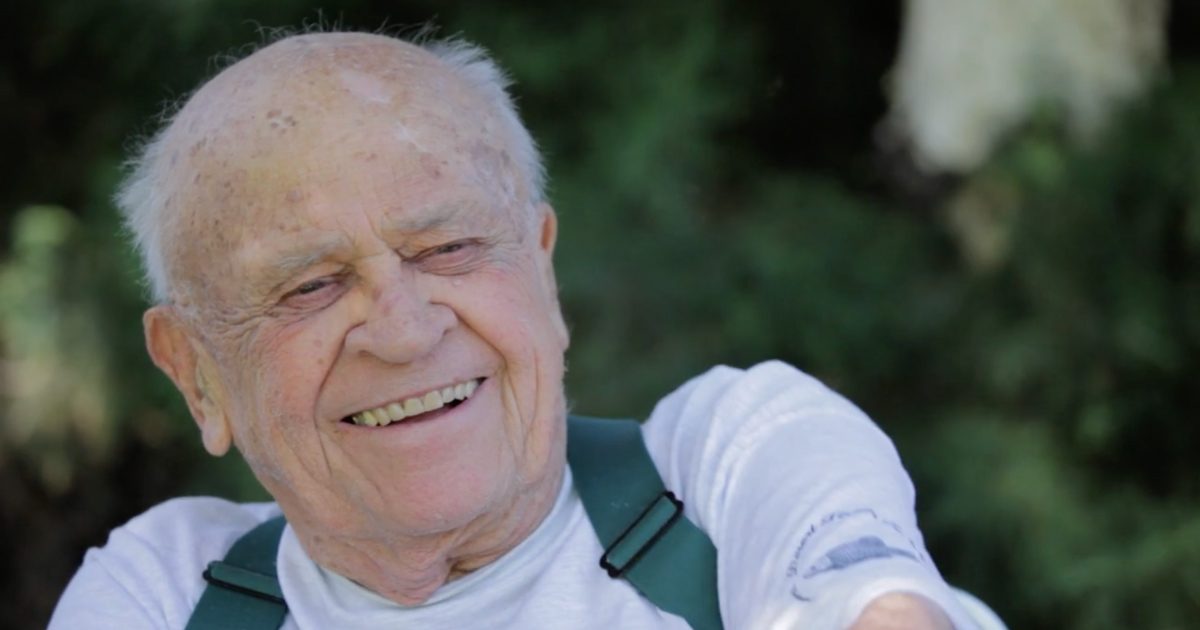This past month, the world lost a great conservation hero. Edwin “Phil” Pister passed away on January 17, 2023, after spending his career working as a district fisheries biologist for the California Department of Fish and Wildlife (formerly Department of Fish and Game). Phil’s efforts to protect threatened fish species in eastern California – most notably, golden trout and highly endangered pupfish – made him well known throughout the world of fisheries and biodiversity conservation.
In 1969, he singlehandedly saved the Owens Pupfish population from extinction by relocating the last remaining population from a shrinking pond – by bucket.
“I distinctly remember being scared to death. I had walked perhaps fifty yards when I realized that I literally held within my hands the existence of an entire vertebrate species," Phil later wrote in “Species in a Bucket”.
He is remembered as a legend for this event and for his deep familiarity with and efforts to conserve high elevation golden trout populations.
“If you’re a professional biologist like I am, you look at [golden trout] as evolutionary marvels. The average person doesn’t give a blast about whether they are pure or not. [At CDFW], we care because that’s our job to be concerned with purity of species – that’s why we exist. That’s what motivated me to spend virtually my entire life up there trying to care for [golden trout],” Phil said in an interview with CalTrout for the Liquid Gold short film.
CalTrout is honored to have learned from Phil throughout his great life, and we hope you will remember him with us by checking out the video and links below.
Remember Phil and watch Liquid Gold:
Liquid Gold short film | Read Phil’s article “Species in a Bucket” | Learn more about Phil’s life and his great contributions to conservation
Cover Photo: Phil Pister in the Liquid Gold short film.






1 Comment
Phil was a great person and and an extraordinary biologist. From pupfish to cutthroat and golden trout he was a true visionary and guardian. I will always remember nights on the Kern Plateau when we all enjoyed his sense of humor and stories of days gone by in his early days as a CDFW employee. He noted, “I started my career introducing sport fishing species into the Sierra and finished it trying to remove the non-native species!” I learned the importance of each species as Indicators of the health of the whole system. As a leader in conservation biology he will be remembered, as a man of ethics and character he will be missed.